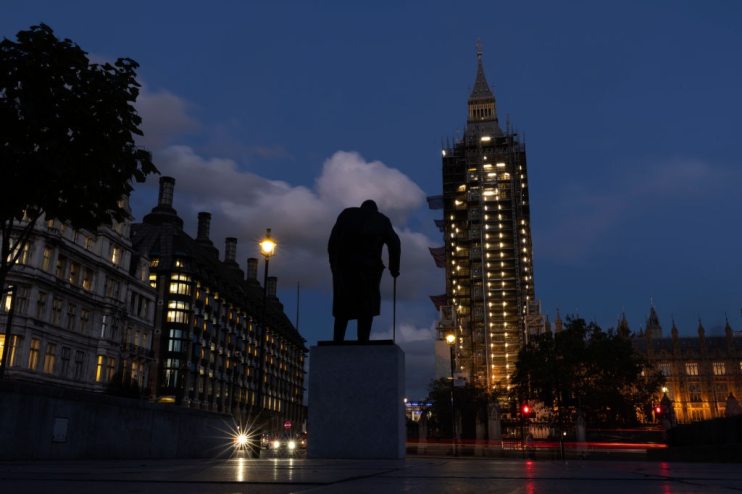Editorial: Time to up MPs’ pay to attract the best and the brightest (yes, really)

The argument to increase MPs’ pay is perhaps not best made in the immediate maelstrom of a good-old-fashioned Tory sleaze scandal. But the Owen Paterson affair – in which the MP resigned after a most extraordinarily chaotic 24 hours last week – does point, perhaps, to something more substantive.
Put simply, becoming an MP is not a particularly appealing prospect. One’s private life is under constant scrutiny. Your ability, application and talent is, unlike most professions, almost entirely divorced from your career prospects within whichever party you plant your flag with.
The antiquated nature of our two-party politics also means that, like the business secretary Kwasi Kwarteng, you may occasionally be obliged to appear on national television and assert that Eastasia really has been at war with Oceania all that time.
Combine that with the actual responsibilities of the job, from rubber-chicken dinners to ribbon-cutting, and you get a pretty grim job description.
And for this sacrifice, not only do you have to face the general public, but you are paid a salary that pales in comparison to the sort of salaries many take home in industries far more appealing than politics.
Nobody is disputing, across the entire economy, that the current salary of £81,932 is not a lot of money. But it is also true that if you want laws properly scrutinised, arguments properly debated, policy decisions given real stress-testing, you want people who are highly qualified and (yes) pretty bright. Whether it is the fault of the individuals or the system, the quality of debate in parliament today is, at best, lacking.
What an experiment it would be to double MPs’ pay, and see who – with experience of the outside world, of private-sector problem-solving – would feel inclined to give it a go? Boris talks a lot about attracting the best and brightest. Perhaps we could start with Parliament.
